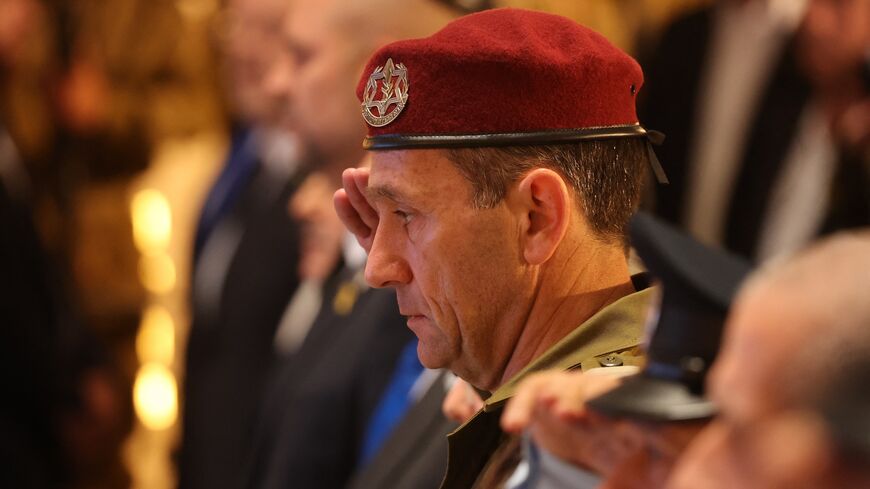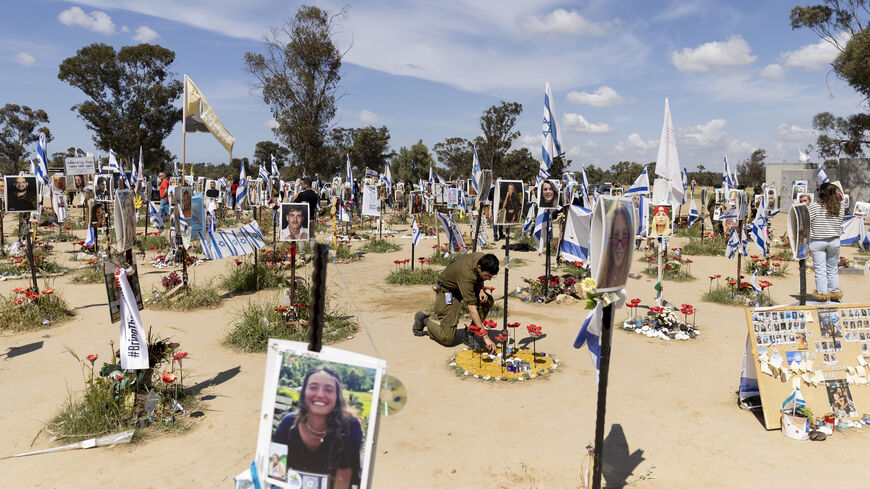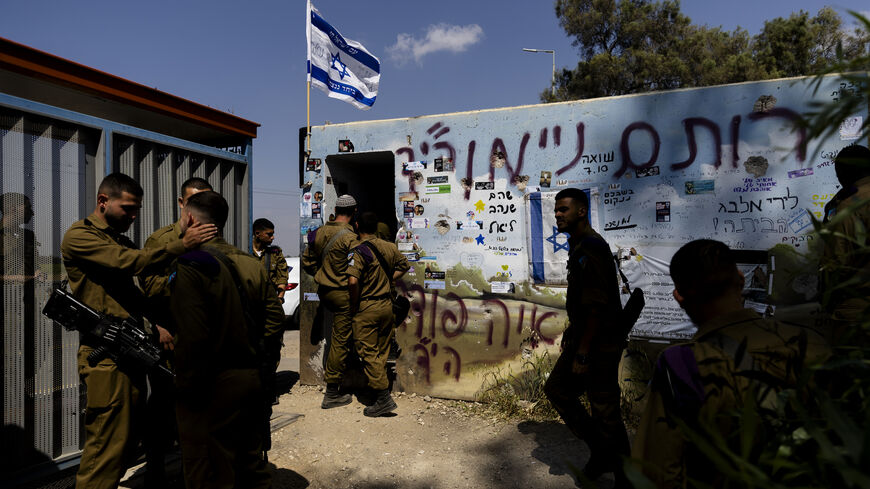Israeli military causes uproar with plans to investigate its conduct on Oct. 7
News of the Israeli military establishing a committee to investigate itself took security cabinet members by surprise.

Israeli military chief of staff Herzi Halevi has decided that the Israel Defense Forces will investigate its own preparedness and deployment on and before Oct. 7, the day that Hamas breached the Gaza border fence and attacked southern Israeli communities, reported the Israeli public broadcaster Kan on Thursday.
Halevi has reportedly appointed an internal investigatory committee that includes former defense minister and former IDF chief of staff Shaul Mofaz, IDF intelligence chief Aharon Zeevi-Farkash and former IDF Southern Command commander Sami Turgeman. The committee has not yet been officially announced and has not begun its inquiry.
The establishment of the committee comes against the backdrop of the prevailing sentiment in Israel that the army failed at several levels on Oct. 7. On the list of failures are the lack of intelligence on the monthslong (and perhaps yearslong) preparations by Hamas for the attack along with insufficient knowledge and awareness of the extent of the weaponry smuggled into Gaza, the extensiveness of the tunnels dug under Gaza, and awareness of the technological advances made by Hamas on arms and operation methods in the past few years.
The IDF also allegedly failed in its response to the attack while it was underway. Villages and military positions were only lightly guarded, and it took military forces hours to reach the locations under siege.
The heads of Israel’s security agencies — Defense Minister Yoav Gallant, Shin Bet Director Ronen Bar and IDF intelligence chief Aharon Haliva along with Halevi — have publicly accepted responsibility for the failures surrounding Oct. 7, but the country's leader has not. Instead, Prime Minister Benjamin Netanyahu has remarked that an investigation will take place after the war and that all those involved, including himself, will have to respond to the many questions being raised.
Uproar in the security cabinet
News of the establishment of the military committee produced an uproar at the meeting of the security cabinet convened shortly after the public announcement.
According to Haaretz, Transportation Minister Miri Regev, National Security Minister Itamar Ben-Gvir and Finance Minister Bezalel Smotrich slammed Halevi for setting up a committee without consulting the cabinet and for not waiting for the conclusion of the war to start investigating.
Halevi reportedly noted that the military has the authority to decide when to investigate its own conduct, and Gallant backed him up, saying, "That is his job, to probe and investigate. If [he] decides to establish an investigation team, I support him."
Halevi clarified that the IDF will investigate military and operational actions only and avoid discussion of diplomatic and political issues.
Ben-Gvir also attacked Halevi’s appointment of Mofaz to head the committee. Mofaz had served as defense minister at the time of the 2005 Israeli disengagement from Gaza, a decision contested by the Israeli far right. Ben-Gvir reportedly said, "Did you pick Shaul Mofaz, the disengagement minister, to investigate? You just let the cat keep the cream." To that, Minister Benny Gantz replied, "What's the matter? The IDF is conducting a professional investigation."
Halevi also clarified at the meeting, "This is not about Israel's national policy or strategy. It is a professional investigation by the IDF on the readiness and preparedness of the army."
He further stated that the IDF has not yet launched an investigation, so as not to distract officers in combat, apart from looking into the Dec. 15 incident in which three Israeli hostages in Gaza were mistakenly shot and killed by Israeli troops.
"We thought that the investigation of this incident would have a significant impact on the fighting itself, so in this case we carried out the investigation during the war," said Halevi.
The establishment of an internal, IDF investigative bodies has no implications for creating a state commission of inquiry. Over the years, sitting governments have established 20 commissions, which have deeply affected Israeli society and politics. Of particular note are the Agranat Commission, to investigate the lead-up to 1973 Arab-Israeli War, and the Kahan Commission, to look into the Sabra and Shatila massacre during the 1982 war in Lebanon.
Contrary to the IDF committee, state committees are formed following a decision by the government, and although their recommendations are not binding, they carry significant weight with the public.






